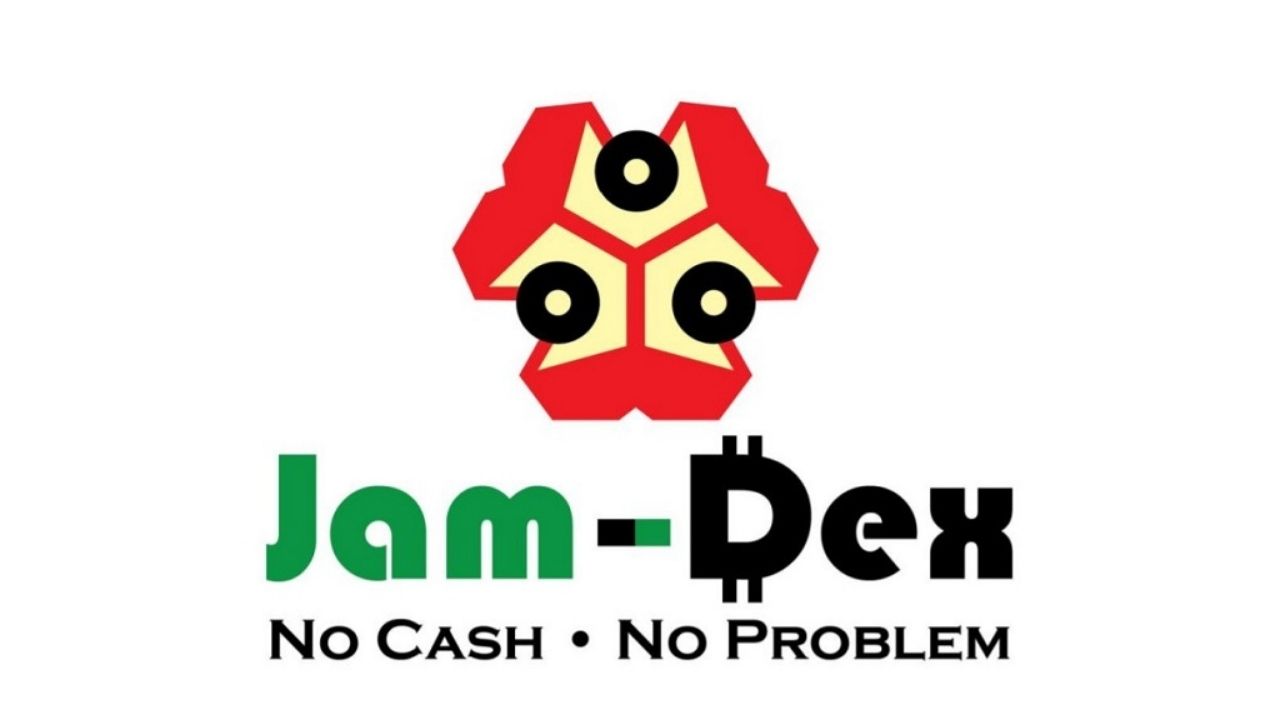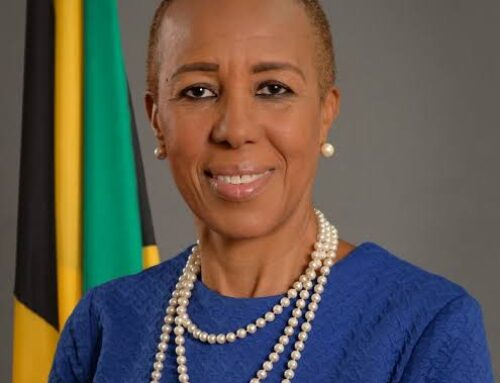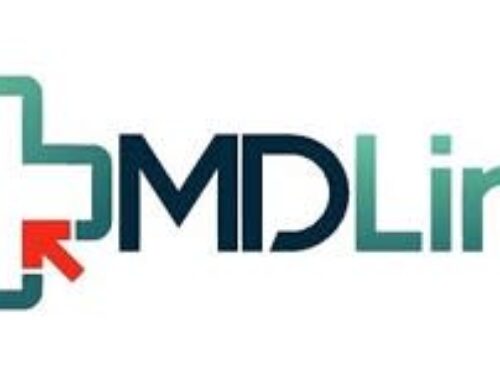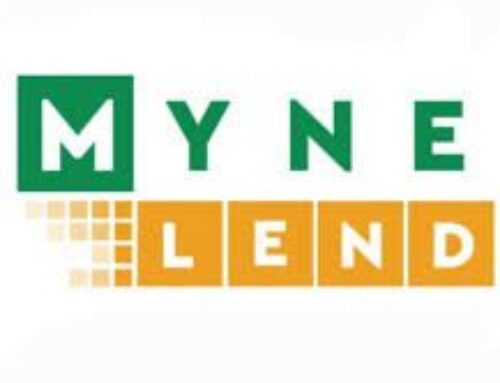
Is JAM-DEX a threat to traditional banking?
President of the Private Sector Organization of Jamaica (PSOJ), Keith Duncan, is not concerned that the Government’s push towards central bank digital currency (CBDC) will negatively impact the banking sector.

Keith Duncan, President, PSOJ
Duncan is also President and CEO of JMMB Group, which includes JMMB Bank. He was speaking on Taking Stock with Kalilah Reynolds.
“It brings efficiency and reduces the cost of operations. It is very expensive to handle cash,” Duncan noted. “So, if we have all our customers transacting through digital platforms, that is actually pretty good for us because we can reduce the high touch areas and move to digital,” he added.
According to Finance Minister, Dr. Nigel Clarke, there are no fees to use Jamaica’s CBDC, dubbed JAM-DEX.
The banking sector has been heavily criticized for its high fees in recent times.
Earlier this year, the country’s two largest banks, NCB and Scotia, decided to delay the implementation of higher fees after facing major public pushback.
However, Duncan said he believes that the focus needs to be on value added transactions such as loans and equity investment and not on “expensive” manual transactions.
“All this does is just replace the cash with digitised cash,” he said.
Additionally, the CEO noted that despite the push towards a digital economy, there will always be a need for physical currency.
“[Even] in countries where they are more digitised than us, there is still a need for cash,” he said, adding, “I don’t know any country that is cashless.”
Duncan also noted that Jamaica is in the very early stages of its CBDC development.
During his presentation on Tuesday, Finance Minister Dr Nigel Clarke made the first public transfer of JAM-DEX using NCB’s digital wallet, Lynk. The minister also announced that the Government will be desposting $2,500 worth of CBDC to the first 100,000 people who open a CBDC account after April 1.
Duncan noted that this incentive will encourage more people to open accounts, which in turn is expected to lead to greater financial inclusion.
To that end, the Government is also offering a $2500 incentive to the first 100,000 people who open a ‘Know your Customer (KYC)’ bank account after April 1. According to the Minister, these accounts are geared towards bringing the unbanked into the formal economy.
The KYC accounts require very little information to open, such as a tax registration number (TRN) and a national ID, making them more accessible. The accounts also do not attract any transaction fees.
Duncan noted that several financial institutions already offer these types of accounts.
“The point the Minister was making is that we have to protect the most vulnerable and therefore you have these KYC accounts that have low know your customer requirements,” he said.
“This is for those who are low risk because they don’t have a huge amount of money running through their accounts, therefore it’s easy to conduct transactions,” he added.
-END-
-END-
Ask The Analysts
The Cast David Rose Business Writer, Observer Leovaughni Dillion Investment Research & Sovereign Risk Analyst at JMMB Group
R.A. Williams to list on JSE
The Cast Audley Reid CEO R.A. Williams Distributors Julian Morrison Founder, Wealth Watch JA










Leave A Comment